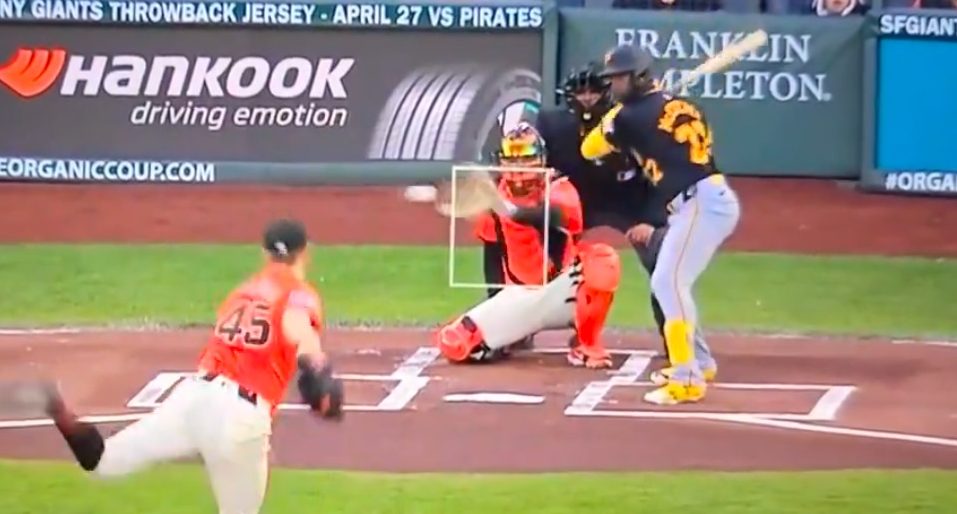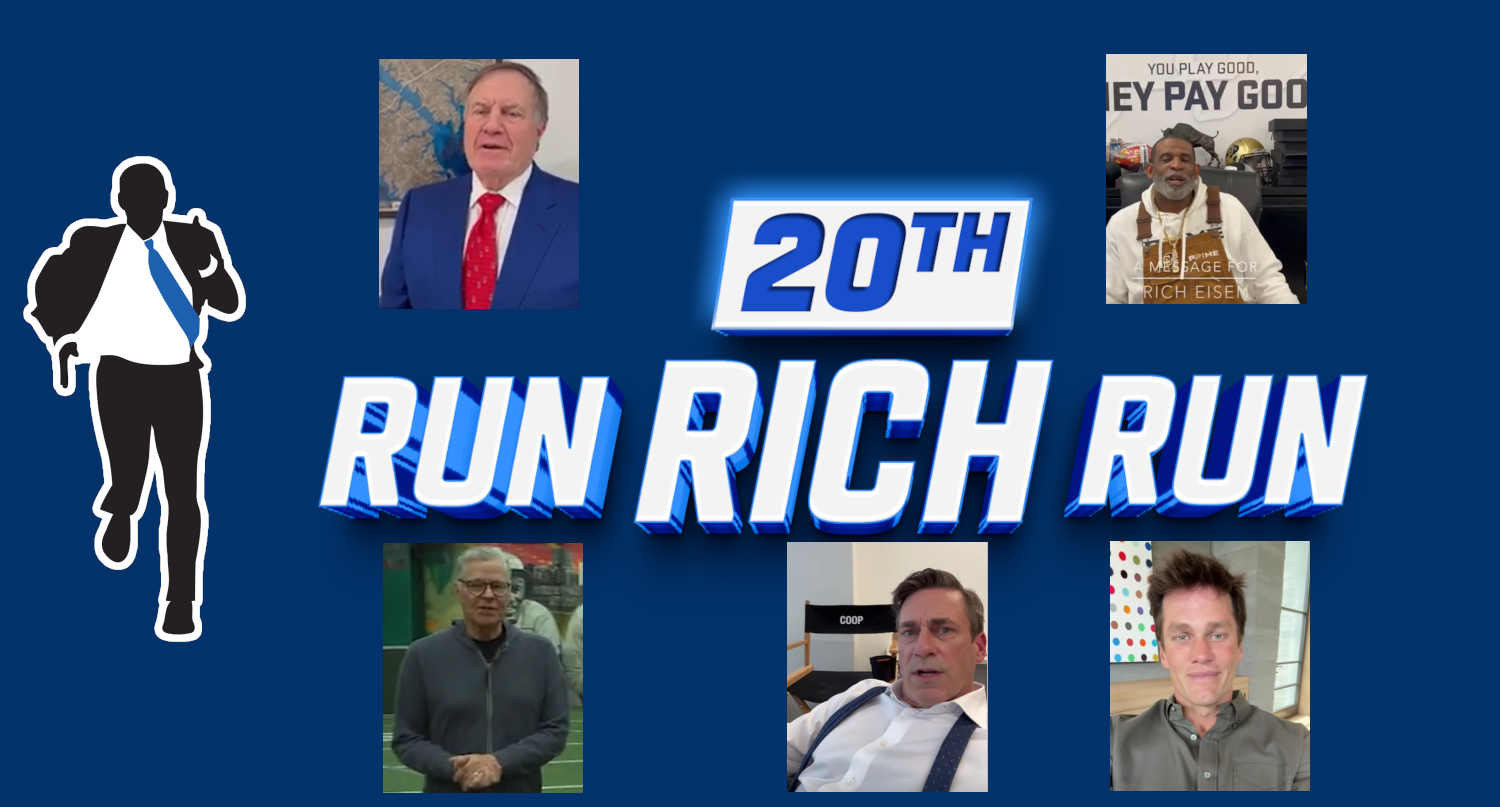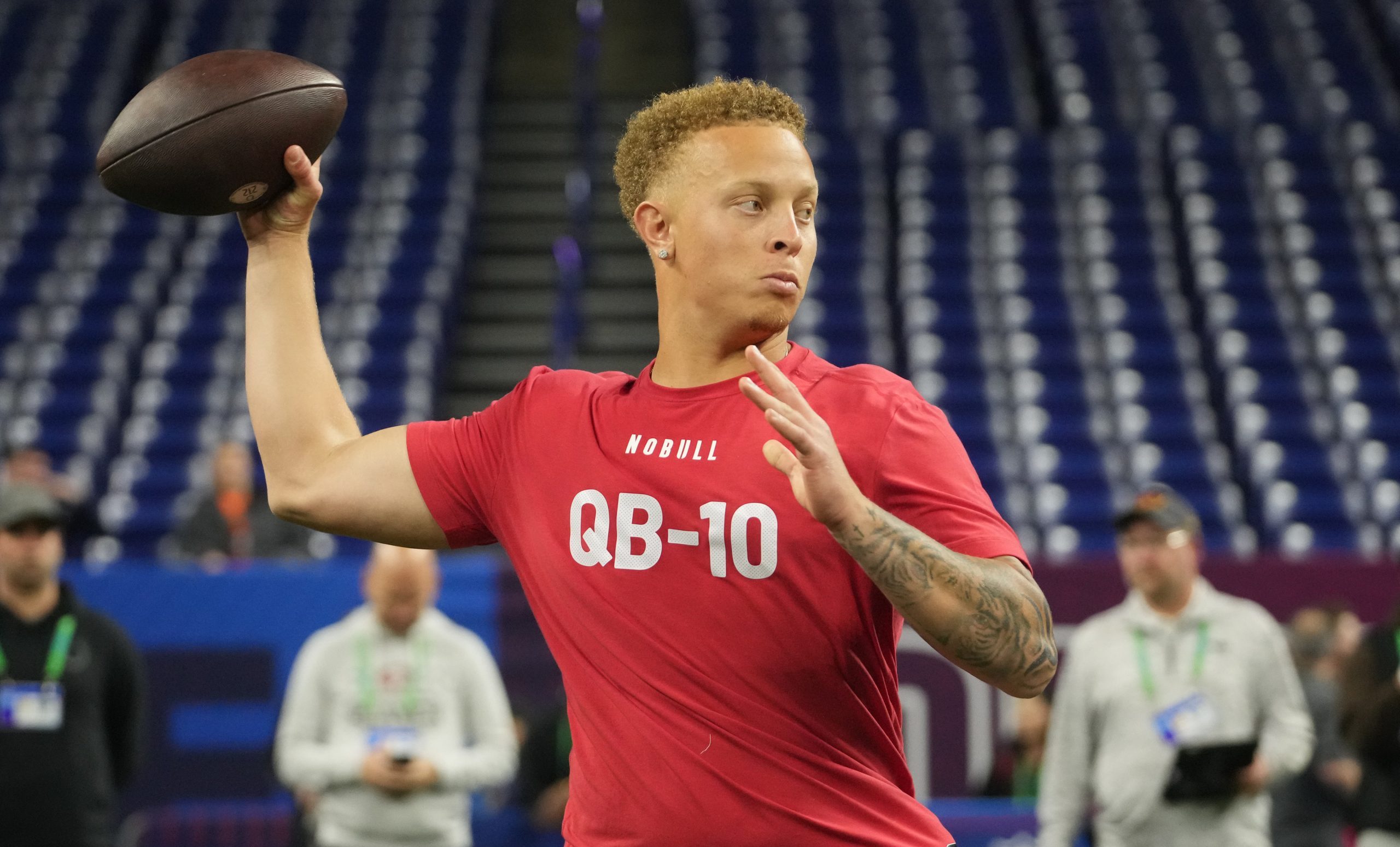The last 15 years have seen massive college football shifts from conference realignment, and that’s particularly heated up in the last few years. And that realignment has primarily been about maximizing TV money, so that has some looking back to how conferences managed to get TV money in the first place. The crucial case there was NCAA v. Board of Regents of the University of Oklahoma, and now one key lawyer involved has some regrets looking back.
First, the case, which the Supreme Court decided 7-2 in favor of Oklahoma and co-litigants Georgia in 1984. That ruling stopped the NCAA from punishing schools who had formed the College Football Association to negotiate TV rights themselves instead of going through the NCAA (which at that time only sold minimal TV rights packages in an attempt to protect in-person attendance). And it led to many more college football games being televised, and to that TV money playing a key role in college sports, including with realignment. And that’s the part that Andrew Coats, a lawyer for the Oklahoma and Georgia side there, now has some regrets about, as he told David K. Li of NBC News:
“I think I screwed up college football across the board, because I think the case did it,” Coats recently told NBC News, reflecting on his role in NCAA v. Board of Regents of the University of Oklahoma.
…“You feel bad how far it’s gone,” said the 88-year-old Coats, who still teaches law at his alma mater, the University of Oklahoma, and who served as the mayor of Oklahoma City from 1983 to 1987. “But I don’t think anyone could have predicted what would happen.”
However, Coats adds an interesting note there. He says his clients wanted a settlement with the NCAA that would have left the central governing body controlling TV rights, just selling more games. But the NCAA didn’t want that.
Coats said his side of the table, which included co-litigants the University of Georgia, wanted an out-of-court settlement with the NCAA, which would’ve kept TV negotiating power with the central college sports authority. But once the high court ruled, all big-money decisions were handed to the conferences and schools, leading to the wild changes unfolding now.
“We tried at every stage to negotiate an agreement of some kind, to limit what would happen. But we learned the ‘NCAA’ stood for ‘Never Compromise Anything at Anytime,’ and they wouldn’t even talk to us,” Coats said.
As others in that article note, including Syracuse professor and TV historian Robert Thompson, change was probably coming to the way the NCAA televised football even if this particular case hadn’t been filed or had been settled. The focus on trying to protect live gates by only offering limited games on television was tried across many sports, and it eventually changed once sports leaders figured out the importance of (and revenue available from) TV. And the NCAA’s pre-1984 approach was already hated by many of its schools (including many of the most powerful), leading to this case. It is quite interesting to hear Coats say his side tried to settle, though; that might have led to a more gradual change in the TV setup.
But even if this particular case had gone differently, it’s likely change emphasizing TV money would still have come, just perhaps at a different time or in a different manner. And that might have still led to some of the same realignment, and the same issues that have arisen from it. (This recent round of realignment is remarkable for how many of the voices criticizing it are powerful figures inside the house, though. And it’s always possible there could be further change that addresses some of the concerns raised, especially around increased travel for athletes in sports other than football.)
It’s also worth looking at the benefits that have come from NCAA v. Oklahoma. In some ways, college football has the best television setup of any American sport, especially in an era where there is no actual network inventory limit thanks to the proliferation of streaming networks. Every game is televised (or streamed) nationally, so there are no blackouts, unlike what’s seen in MLB, the NBA, the NHL, and more. Now, that still gets expensive, but is less so on a per-game basis than NFL Sunday Ticket (and Sunday Ticket is only out-of-market, still requiring a different setup for in-market games).
Meanwhile, the fears about TV fully destroying in-person attendance haven’t fully come to pass. Many schools still post great attendance numbers, and TV setups where fans can watch other games before their own have helped boost the appeal of tailgating. And the rise of TV in the sport certainly has led to a lot of realignment, but it’s not the only factor there; there was realignment before this case, and even if college football had somehow never gained an increased TV presence from what it had in the early 1980s, there still likely would have been schools thinking they could improve their situations by joining a more powerful conference. The actual realignment would likely have played out differently, though, with schools’ on-field success more important than their TV ratings and where they could help league cable networks gain TV penetration.
At any rate, it’s interesting to hear Coats looking back on winning this case with some regret. And it’s also notable that he tells Li he heard from Byron “Whizzer” White, one of the two dissenting Supreme Court judges on that case and a former college football star at Colorado, months after the ruling. Coats said White told him “Andy, you might have won that case, but you’ll regret it.” And it looks like Coats does have some regrets now, even if the current state of college football is far from all his fault.
[NBC News]







